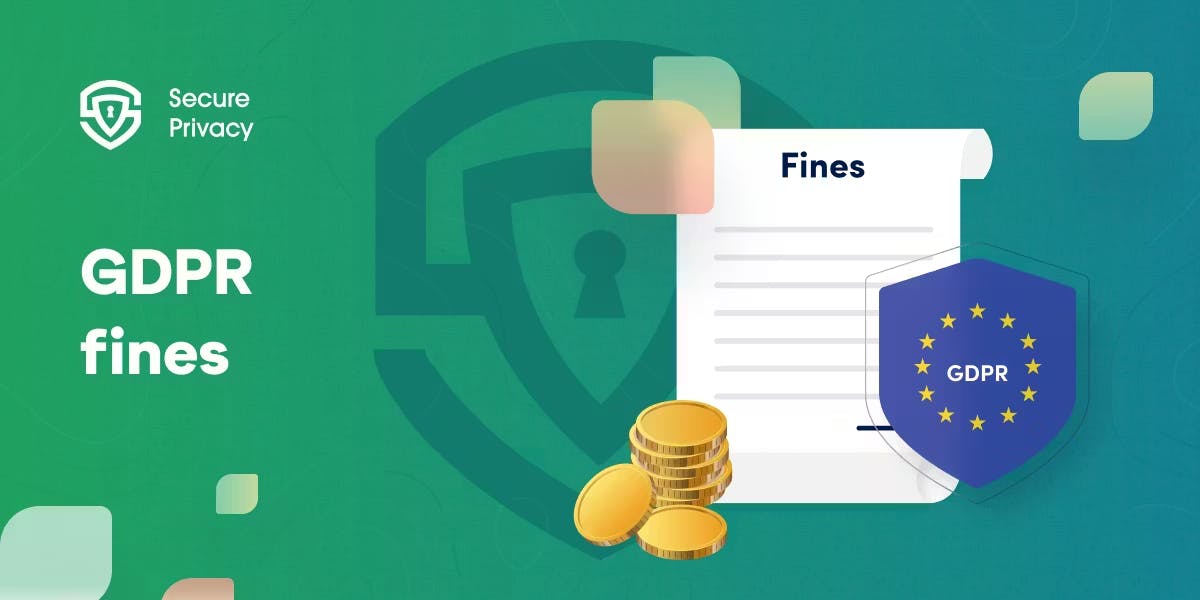FCC's One-to-One Consent Rule Eliminated: What This Means for Your Marketing Strategy
The marketing landscape has shifted significantly with the elimination of the Federal Communications Commission's One-to-One Consent Rule. Originally set to take effect on January 27, 2025, the rule was struck down by the U.S. Court of Appeals for the 11th Circuit just days before implementation. This last-minute reversal has substantial implications for how businesses collect, share, and utilize consumer contact information. What does this mean for your marketing operations? How should your business respond to maintain both regulatory compliance and consumer trust? This article explores the implications of this ruling and provides actionable guidance for navigating the evolving regulatory landscape.
Understanding the Eliminated Rule and Recent Developments
The FCC adopted the one-to-one consent rule in December 2023 as part of an effort to close what it termed the "lead generator loophole" in the Telephone Consumer Protection Act (TCPA). This regulation aimed to address growing concerns about how consumer contact information was being collected and distributed to multiple sellers without clear consumer knowledge.
However, on January 24, 2025, everything changed. In Insurance Marketing Coalition Ltd v. FCC, the U.S. Court of Appeals for the 11th Circuit struck down the rule in its entirety. The court determined that the FCC had exceeded its statutory authority in attempting to implement these specific restrictions.
The now-eliminated rule would have fundamentally transformed consent requirements by mandating:
- Separate consent for each individual seller that would contact the consumer
- Consent restricted to logically and topically related marketing topics
- Clear and conspicuous disclosure of the specific company that would be reaching out
- Non-transferable consent, preventing third-party lead sellers from sharing information
This reversal maintains the status quo for marketing operations but leaves important questions about future regulatory direction.
How This Impacts Your Marketing Strategy
The elimination of this rule has several immediate implications for businesses that rely on lead generation and consumer outreach.
Lead Generation Practices Remain Unchanged
Your business can continue using existing lead generation methods, including bundled consent approaches. These practices often allow consumers to agree to be contacted by multiple sellers through a single opt-in, sometimes without fully understanding the extent of their consent.
Lead generators can maintain their current data collection and selling practices without implementing the significant changes that would have been required under the rule. For many businesses, this means avoiding potentially costly overhauls of lead acquisition systems and processes.
Broader Outreach Capabilities
Without the topical restrictions that would have been imposed, your marketing team retains the ability to contact consumers about a wider range of products and services. The now-eliminated rule would have limited communications to subjects "logically and topically related" to the initial interaction.
This freedom allows for more diverse marketing campaigns and the ability to cross-sell products across different categories. For example, a financial services company can continue marketing insurance products to customers who initially expressed interest in mortgage services.
Reduced Compliance Burden
The court's decision eliminates what would have been a substantial administrative burden. Your business won't need to:
- Redesign lead generation forms to obtain seller-specific consent
- Implement new systems for tracking individual consent records for each seller
- Create separate documentation for each marketing topic category
- Establish processes for consent verification before each new campaign
This reduction in anticipated compliance requirements represents significant cost savings for marketing operations, particularly for businesses that work with multiple lead sources.
Balancing Opportunity with Responsibility
While the elimination of the one-to-one consent rule provides greater flexibility, it also creates important considerations for forward-thinking businesses.
Consumer Trust Considerations
Legal permission doesn't always align with consumer expectations. Even though broader outreach remains legally permissible, your business should consider the impact of extensive marketing contacts on consumer trust and brand perception.
Research consistently shows that consumers increasingly value transparency in how their information is used. Businesses that maintain clear consent practices—even when not legally required—often see higher engagement rates and stronger customer relationships.
Future Regulatory Uncertainty
The court's decision doesn't necessarily represent the end of attempts to regulate lead generation practices. The FCC may pursue alternative approaches to address what it perceives as gaps in consumer protection.
This ongoing regulatory uncertainty suggests that businesses should remain adaptable in their marketing practices. Building more transparent consent mechanisms today can help insulate your organization from potential future regulatory changes.
Best Practices Moving Forward
In light of the eliminated rule and continuing regulatory evolution, consider implementing these strategic approaches:
Maintain Clear Consent Processes
Even without the specific requirements of the one-to-one rule, implementing transparent consent processes represents a competitive advantage. Consider:
- Clearly disclosing which companies may contact consumers
- Providing simple opt-out mechanisms for specific marketing categories
- Maintaining detailed records of how and when consent was obtained
These practices not only build consumer trust but also create documentation that may prove valuable if regulatory requirements change in the future.
Regular Compliance Reviews
The marketing regulatory landscape continues to evolve rapidly. Establish a regular schedule for reviewing your TCPA compliance strategies and other relevant regulations. This proactive approach helps identify potential vulnerabilities before they become compliance issues.
Include in your reviews:
- Recent court decisions affecting marketing regulations
- State-level privacy laws that may impact consent requirements
- Industry-specific regulations that may apply to your business
Implement More Targeted Marketing Approaches
While broader outreach remains legally permissible, more targeted marketing often yields better results. Consider:
- Segmenting leads based on expressed interests
- Limiting follow-up marketing to genuinely relevant offerings
- Respecting consumer preferences about contact frequency and methods
This balanced approach maximizes the effectiveness of your marketing while respecting consumer expectations about how their information will be used.
Navigating the Path Forward
The elimination of the FCC's One-to-One Consent Rule provides marketers with greater flexibility in their outreach strategies. However, the most successful businesses will balance this freedom with ethical considerations and awareness of potential future regulatory developments.
By maintaining transparent practices and respecting consumer preferences, your organization can leverage this regulatory change while building the trust that supports long-term customer relationships. The businesses that thrive will be those that see compliance not merely as a legal requirement but as an opportunity to demonstrate their commitment to responsible data practices.
As the regulatory landscape continues to evolve, staying informed and adaptable remains your best strategy for long-term marketing success.
Get Started For Free with the
#1 Cookie Consent Platform.
No credit card required

EU AI Act for CTOs: What Engineering Teams Must Build, Document, and Operationalize
Your product team ships a new AI-powered hiring screening feature. It ranks candidates automatically based on CV data. It is running in production across three enterprise clients in Germany, France, and the Netherlands. Nobody ran a risk classification exercise before launch. There is no technical documentation file. The logging infrastructure captures model outputs but not the decision logic. You have no human override mechanism.

GDPR Fines and Penalties Explained: Calculation, Enforcement Trends, and Risk Mitigation
Your legal team forwards you a letter from a supervisory authority. A data subject complaint has triggered a formal investigation. Your company processed personal data without a valid lawful basis six months ago — a decision made by a product manager who didn't loop in privacy counsel. Now you're looking at a potential Tier 2 fine, which means up to €20 million or 4 percent of your annual global turnover, whichever is greater. You have thirty days to respond.
- GDPR

Privacy Governance for Financial Services: An Operational Framework for Banks and Fintech
Your compliance team has documented your GDPR obligations. But who monitors whether those obligations are being met on Tuesday afternoon when a new vendor API goes live?
- Privacy Governance
- Fintech

